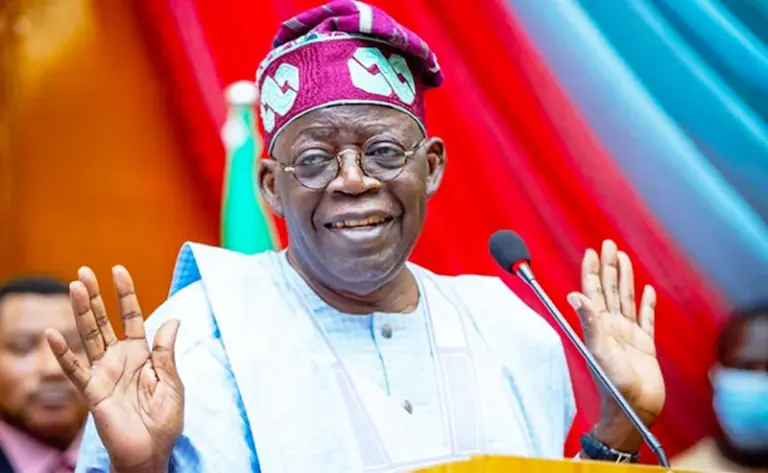For years, Nigeria’s oil and gas industry stood as both a symbol of national promise and persistent failure — rich in potential yet drained by inefficiency, secrecy, and corruption. Today, a quiet revolution is taking place within that same sector — one built not on rhetoric, but on reform and measurable results.
At the Citizens Connect Conference in Lagos, energy governance expert Prof. Josiah Danladi described the transformation underway as nothing short of “a bold recalibration of Nigeria’s upstream oil and gas landscape.” He credited President Bola Tinubu’s administration for restoring public and investor confidence through a governance model anchored on transparency, accountability, and data-driven regulation.
“For decades, the oil sector represented both our glory and our grief. But today, we are seeing a new kind of story — one where leadership is deliberate, structured, and measurable,” Danladi remarked.
Under the leadership of the Nigerian Upstream Petroleum Regulatory Commission (NUPRC) led by Engr. Gbenga Komolafe, the industry’s management has shifted from guesswork to governance. In just two years, the Commission has generated over ₦12.25 trillion for the federation — a milestone Danladi attributes to “discipline backed by technology.”
But the reform, he noted, runs deeper than revenue. It’s redefining how the system works. Fuel subsidy removal — once politically toxic — has unlocked funds now flowing into tangible development: road infrastructure, healthcare, power projects, and even student loans. States and local governments have seen allocations rise by as much as 200 percent, revealing how fiscal freedom can become a tool for social transformation.
Across the industry, dormant oil blocks are reviving, production monitoring is now digital, and field development plans are enforced in real time. The era of opaque approvals and rent-seeking — long synonymous with Nigeria’s oil politics — is being replaced by predictability, process, and performance.
Danladi also drew attention to Nigeria’s gas revolution, where waste is being turned into wealth through the Gas Flare Commercialisation Programme. Once a symbol of environmental neglect, flare sites are now investment frontiers generating jobs and cleaner energy. “We are seeing environmental responsibility become economic opportunity,” he said.
Perhaps the most transformative shift, however, lies in how host communities are now positioned in the national resource framework. Through the Host Community Development Trusts (HCDTs) established under the Petroleum Industry Act (PIA), over ₦358 billion has been channelled into education, healthcare, roads, and youth empowerment projects across oil-producing regions.
“For the first time, communities are not on the margins of progress — they are partners in it,” Danladi emphasized. “This is what the President means by Renewed Hope: a promise that is visible, practical, and shared.”
Transparency, once a buzzword, is now measurable. With real-time data dashboards, NUPRC tracks production volumes, royalties, and flare emissions with precision, eliminating the mystery that once clouded Nigeria’s oil output. International analysts have since upgraded their confidence in Nigeria’s regulatory environment, describing it as the most predictable in over a decade.
Still, Danladi issued a note of caution — that reforms, however effective, are fragile without continuity. “Reform is a journey, not an event,” he warned. “The progress made in two years can easily unravel if leadership loses focus. Nigeria cannot afford to return to the days of opacity.”
As Nigeria eyes energy transition and seeks to reposition itself as Africa’s most attractive investment hub, one truth echoes through Danladi’s reflection:
The strength of a nation’s oil sector is no longer in its reserves — it is in its integrity, data, and discipline.
And for the first time in a long while, those three words are beginning to define Nigeria’s energy story.

